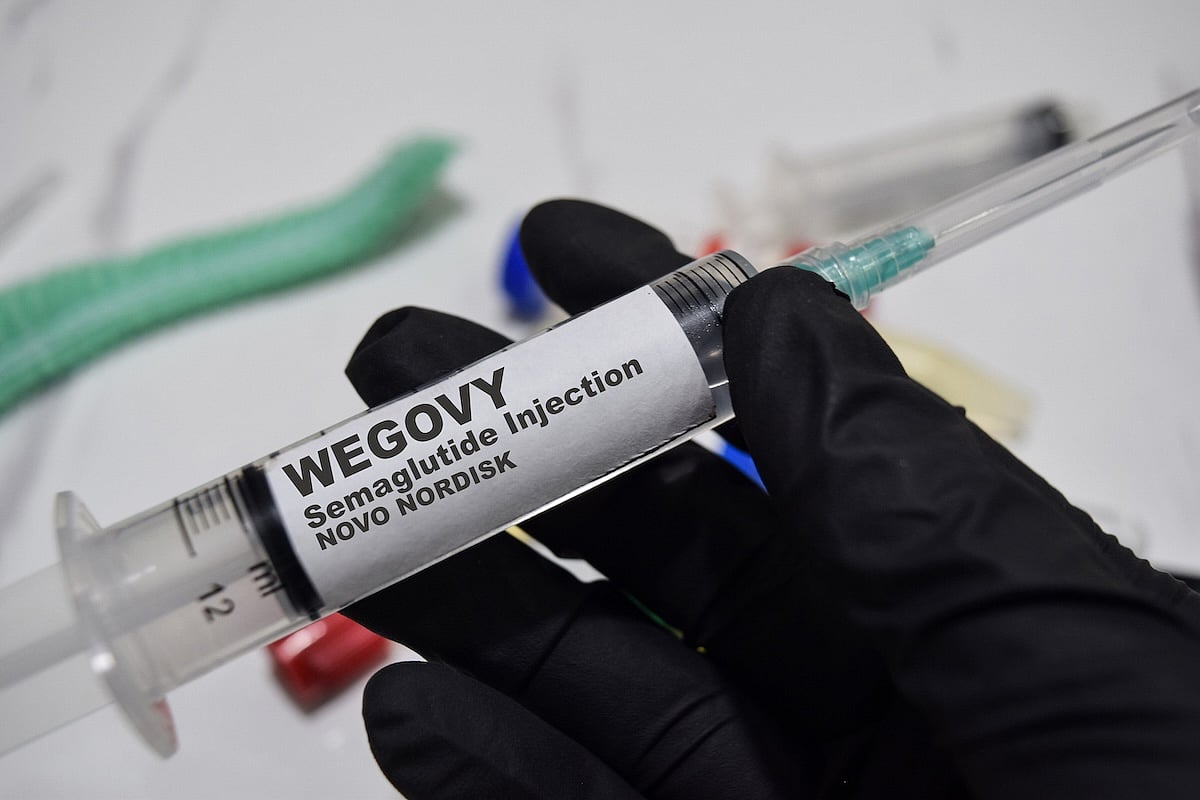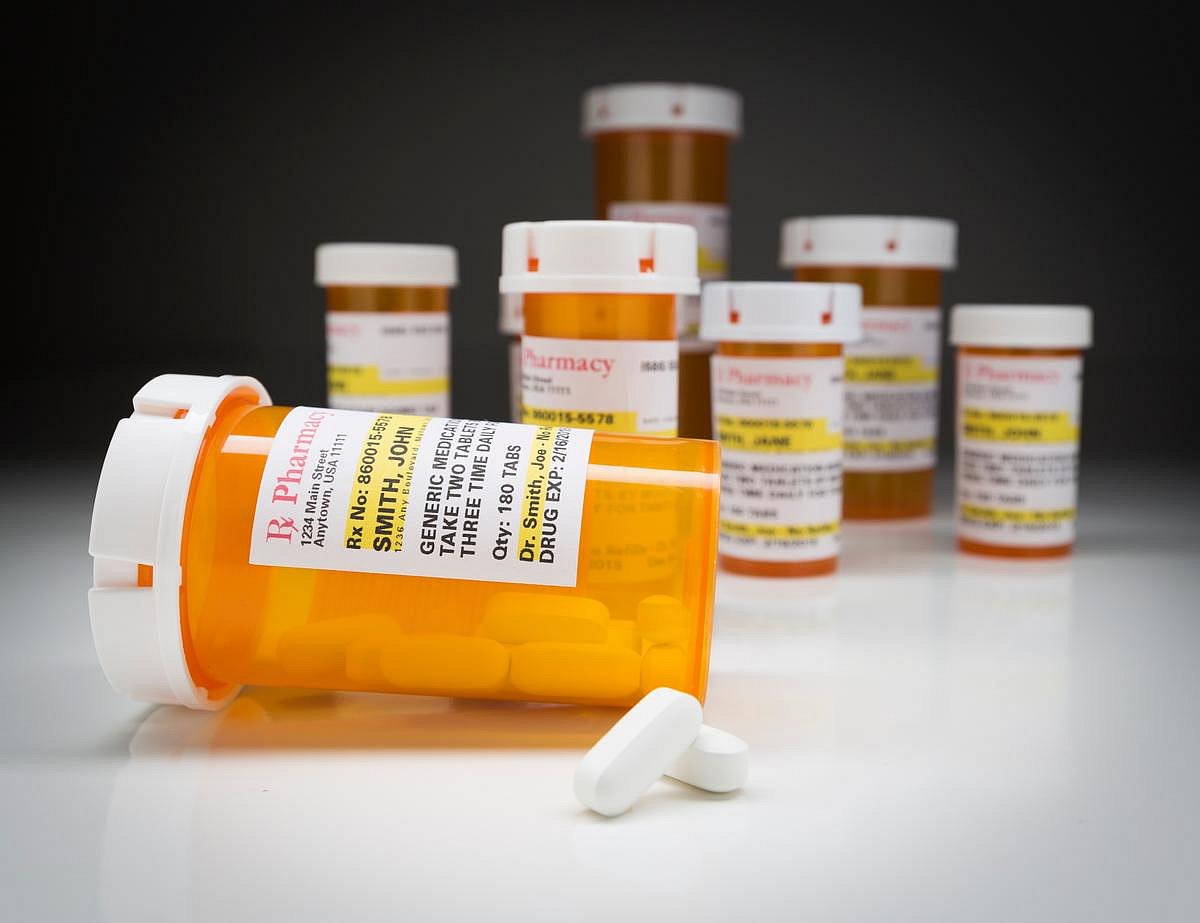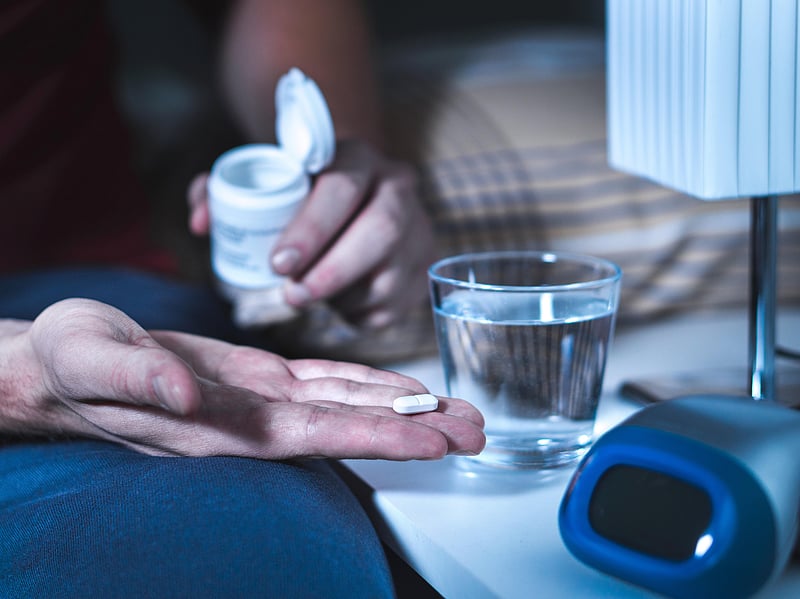Get Healthy!
Results for search "Heart Attack: Drugs".
Health News Results - 9
The weight-loss drug Wegovy may lower the risk of heart attack, stroke or death more than simila...
- I. Edwards HealthDay Reporter
- |
- September 3, 2025
- |
- Full Page
A drug commonly prescribed to heart attack survivors may not benefit many of them, a new clinical trial has found.
Beta-blockers do not appear to reduce the risk of death, a second heart attack or heart failure in people’s whose hearts weren’t damaged ...
- Dennis Thompson HealthDay Reporter
- |
- September 3, 2025
- |
- Full Page
Beta blockers appear to be useless when prescribed to heart attack survivors who aren't suffering from heart failure, a new clinical trial indicates.
The study calls into question the routine of prescribing beta blockers to all patients following a heart attack, which has be...
- HealthDay Reporter
- Dennis Thompson
- |
- April 10, 2024
- |
- Full Page
There are many medications for type 2 diabetes, but one class may stand out for protecting the heart, a new study suggests.
The study, of thousands of U.S. veterans with diabetes, found that those who added drugs called GLP-1 receptor agonists to their usual regimen were somewhat less likely to suffer a first-time heart attack or stroke in coming years.
That was in comparison to vet...
- HealthDay Reporter
- Amy Norton
- |
- May 9, 2023
- |
- Full Page
It's standard for heart attack survivors to take beta blocker medications for years afterward, but a new study suggests that may be unnecessary for people who've had a milder heart attack.
Researchers found that among heart attack survivors whose hearts still had normal pumping ability, there was no added benefit from using beta blockers for more than one year. They were no less lik...
- HealthDay Reporter
- Amy Norton
- |
- May 4, 2023
- |
- Full Page
Millions of people take daily medication to lower their cholesterol levels and prevent heart attacks, but there hasn't been a drug that targets a dangerous type of cholesterol in the blood known as lipoprotein(a), or Lp(a).
That's why a new study of an investigational drug called olpasiran, which blocks the production of apolipoprotein(a) -- a key component of Lp(a) -- is generating a lot...
- HealthDay Reporter
- Denise Mann
- |
- November 7, 2022
- |
- Full Page
In a finding that proves convenience is key when it comes to sticking to a medication regimen, new research shows that combining three heart drugs into one "polypill" slashes the risk of dying from a second heart attack by 33%.
"The results of the SECURE study show that for the first time that the polypill, wh...
- HealthDay Reporter
- Steven Reinberg
- |
- August 29, 2022
- |
- Full Page
Nearly half of Americans have high blood pressure and only 24% have it under control, but what's the best way to treat it -- one high-dose pill or two at a lower dose?
A large new study suggests that two medications may be better than one for many older patients. Lowering elevated blood pressure to a sustainable level is important because it reduces a patient's risk of heart attack, strok...
- HealthDay Reporter
- Cara Murez
- |
- October 5, 2021
- |
- Full Page
Heart attack survivors could gain more than seven healthy years of life if they take the right medications and improve their lifestyle, new research estimates.
Unfortunately, studies have found, heart attack survivors rarely get optimal control over their risk factors.
The new research echoes that evidence: Of more than 3,200 patients, only 2% had their blood pressure, cholesterol a...
- HealthDay Reporter
- Amy Norton
- |
- August 27, 2021
- |
- Full Page











